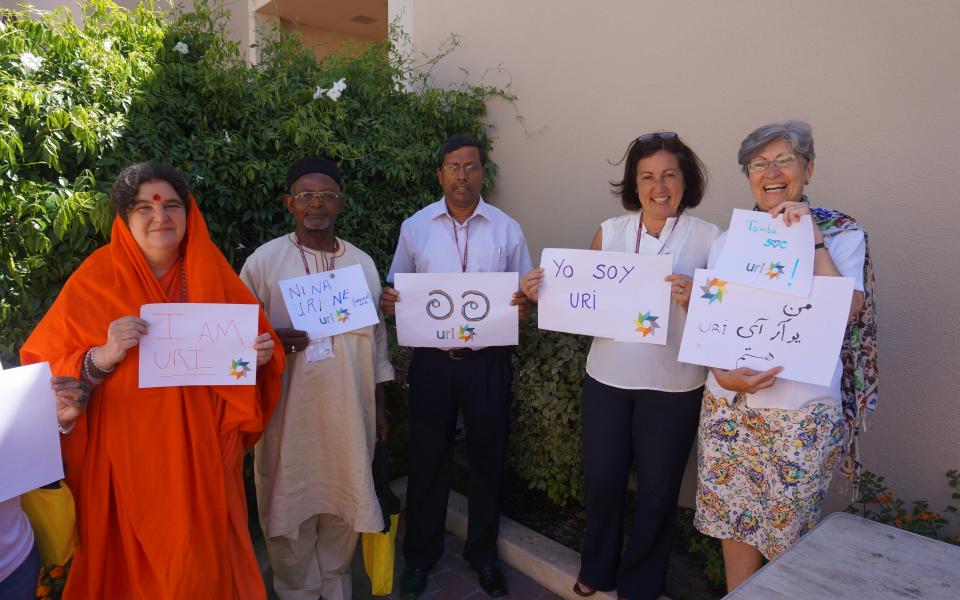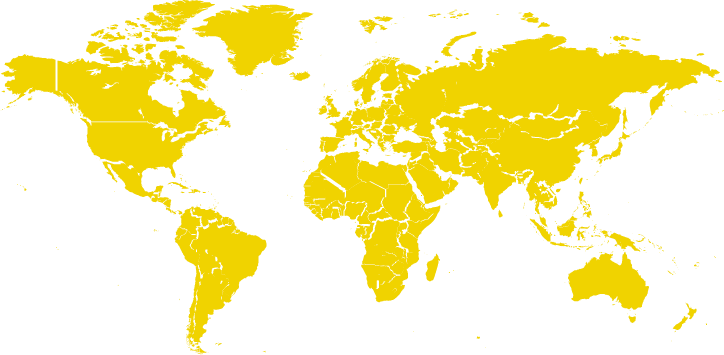
If you lie awake at night worrying, you’re not alone. From North Korea’s nuclear posturing to civilian bombings in Iraq and Afghanistan, the rise in hate crimes across the United States, and a resurgence in Nazi popularity across the planet, the headlines are a recipe for nightmares.
The news is so upsetting, people are shutting it off, announcing their “media cleanse” like it’s a fad diet. But if you’re too worried to sleep at night, the answer is not to stick your head in the sand. The answer is to wake up. You, as an individual, can stop the nightmare and make the dream of a peaceful world a reality. Regular people engaging with each other, forging friendships across their differences, are the key to healing what’s wrong.
Why don’t acts of peace make sensational headlines? People know Salman Abedi’s name, but not the names of the 22 peaceful people he killed when he bombed the Ariana Grande concert in Manchester. Media exposure gives rise to waves of “copycat crimes.” Why isn’t the news reporting “copycat kindness” instead?
Don’t be overwhelmed. Small, local actions work! The United Religions Initiative (URI), a non-governmental organization with consultative status with the United Nations Economic and Social Council, knows this better than anyone because we’re an expert in the field. For nearly two decades, URI has been bringing together people from different religions, cultures, traditions—and yes, even political ideologies—to work together on shared projects that benefit everyone.
URI’s grassroots groups work on the ground in 101 countries, defying violent extremist groups and centuries of violent feuding to build bridges between individuals on a human level. Israelis and Palestinians; Hutus and Tutsis; Christians and Muslims; in URI, everyone works side-by-side to accomplish shared successes like securing clean drinking water, building schools, or providing impoverished families with medical care.
Want examples of individuals making a difference? Here are just a few stories about the dangerous and fearless work being undertaken by URI’s grassroots peacebuilders in communities around the world.
- In rural India, people born into higher castes consider people in lower castes “unclean,” and touching them is forbidden. However, after Muslims, Christians, and Hindus of higher and lower castes came together for a music workshop, they actually hugged goodbye.
- An injured Muslim man in Nairobi refused to accept an urgent blood transfusion unless it came from a fellow Muslim. With his life in the balance, the URI team held up two bags of blood and asked him to point to the one he wanted. The man was forced to admit that all human blood is the same. His life saved, he became a proponent of overcoming stereotypes.
- When the governor of Tennessee (USA) announced his state wouldn’t accept refugees, a local URI group joined a chorus of voices to support refugee rights. A few months later, the governor reversed his position.
There are many more people committing acts of peace every day than acts of violence. When the news reports a terrorist lurking around every corner, it’s natural to become afraid and cast a mistrustful eye at your neighbor. Well, it’s time to stop. Reach a hand out to help your neighbor, instead, and you’ll make the world a better place.
